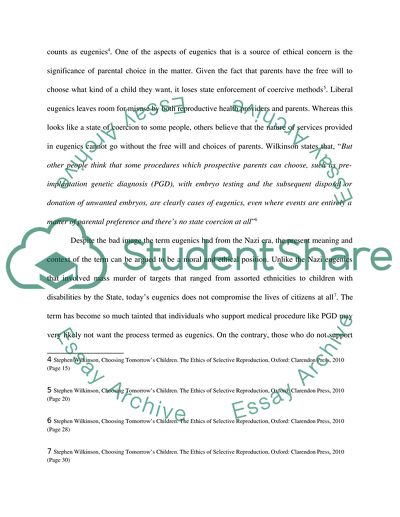Cite this document
(“The Ethics of Selective Reproduction Research Paper”, n.d.)
The Ethics of Selective Reproduction Research Paper. Retrieved from https://studentshare.org/health-sciences-medicine/1628090-newborn-genetic
The Ethics of Selective Reproduction Research Paper. Retrieved from https://studentshare.org/health-sciences-medicine/1628090-newborn-genetic
(The Ethics of Selective Reproduction Research Paper)
The Ethics of Selective Reproduction Research Paper. https://studentshare.org/health-sciences-medicine/1628090-newborn-genetic.
The Ethics of Selective Reproduction Research Paper. https://studentshare.org/health-sciences-medicine/1628090-newborn-genetic.
“The Ethics of Selective Reproduction Research Paper”, n.d. https://studentshare.org/health-sciences-medicine/1628090-newborn-genetic.


